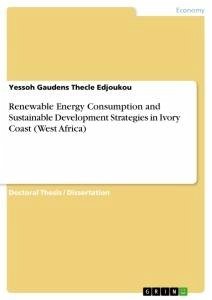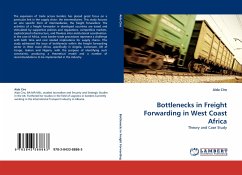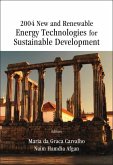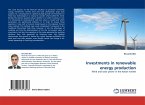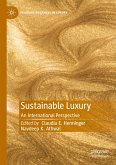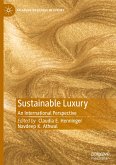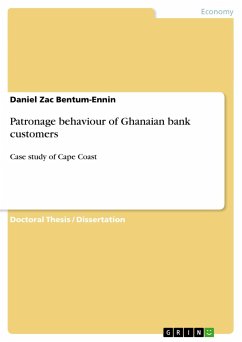Doctoral Thesis / Dissertation from the year 2020 in the subject Business economics - Industrial Management, grade: 88.8, , course: Doctoral Degree Program, language: English, abstract: A sustainable energy regime, especially for developing countries such as Ivory Coast, is a wise choice. It can mobilize renewable energy resources, modernize energy system, allow for energy savings, safeguard the equilibrium of local ecosystems, contribute to poverty alleviation and, therefore, constitutes a significant aid towards universal access to modern energy services. This current research investigates the conditions needed to achieve a sustainable energy regime by the next decade (2030) in Ivory Coast, West Africa. To identify these conditions, first, a forecast model using a hybrid method, support vector regression (SVR) and an autoregressive integrated moving average (ARIMA) was employed to predict energy consumption by 2030. Second, a back-casting approach to assessing alternative energy scenarios was carried out. Third, a national energy action plan (NEAP) was designed with the help of a multi-criteria decision analysis (MCDA) and a technique known as the fuzzy analytic hierarchy process (AHP). The results show that, by 2030, conventional fuels should be dominant in the transport and industrial sectors, while traditional forms of energy should prevail over others in the residential one. Besides, the green scenario that accumulates universal energy access, energy efficiency, and renewable energies dissemination targets are the most sustainable. Moreover, social criterion and solar energy were found the most critical factor and the most preferred renewable energy, respectively, when considering a sustainable energy path. Based on those findings, it was recognized that a definite shift in energy policy maximizing the use of clean types of energy was required to reach a sustainable energy regime. In this perspective, policy recommendations, in addition to the national energy action plan, were provided to guide the Ivorian decision-makers.
Hinweis: Dieser Artikel kann nur an eine deutsche Lieferadresse ausgeliefert werden.
Hinweis: Dieser Artikel kann nur an eine deutsche Lieferadresse ausgeliefert werden.

